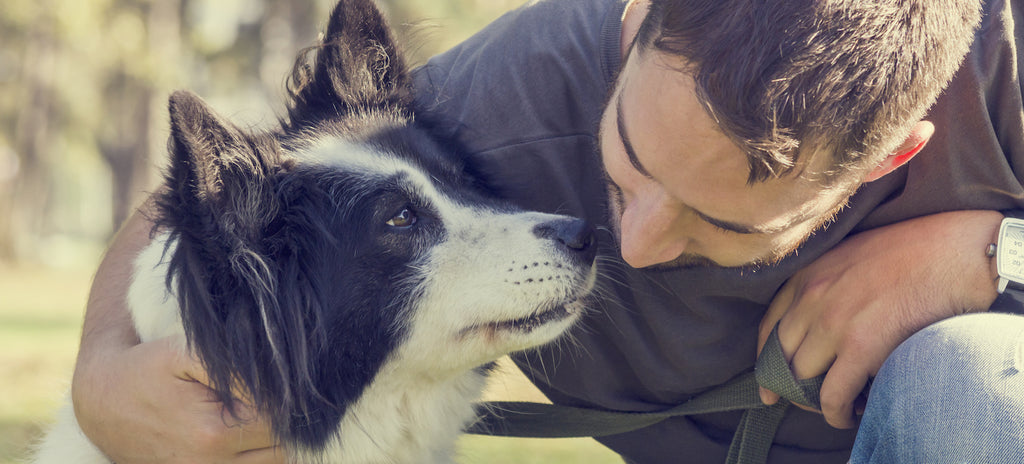Choosing a dog breed that's right for you

As loving and rewarding as it is to be the owner of a dog, the decision to welcome one into your life, family and home should never be taken too lightly. That’s because dogs require a standard level of care – from regular exercise right the way through to maintaining their general health and happiness.
After considering whether now’s the right time to become a responsible dog owner, your next question will likely be, ‘what breed is right for me?’. Every dog breed has its own unique set of characteristics, from temperament through to health habits. That being said, every dog is unique and should be assessed based on their own individual qualities. To make the process a little easier, we’ve listed a few things that every prospective dog owner should consider before choosing a dog.
Things to consider:
- Are they good with small children? Some breeds are said to be more accepting of smaller children than others. That being said, with the right level of training, we’re strong believers that almost every dog can be taught to cohabit with smaller children. If you have small children in your home and this is something that concerns you, speak to a professional dog trainer for advice.
- How much exercise do they need? The physical demands of a working dog as opposed to a small terrier will differ greatly. Weigh up whether you’ll have the time needed to satisfy your dog’s activity levels on a daily basis, for the duration of their lifetime.
- Is a certain breed known to have health issues? Some breeds are more prone to certain issues than others, but that’s not to say that every dog falls into the same category. It’s often wise however, to research what your chosen breed can sometimes be affected by, including signs to look out for and ways of dealing with it should the problem arise when you become that dog’s owner. For example, French Bulldogs are sometimes known to have breathing issues while Springer Spaniels are prone to suffer from things like Elbow Dysplasia.
- Do they tend to be aggressive? Again, we believe this is something that’s not necessarily singled out by breed but also the way a dog has been welcomed to the world, the care and love they’ve received and the training they’ve been given. Some breeds are classed as being more ‘aggressive’ than others, but it does really come down to an individual dog and their own unique set of characteristics and again, their learning capabilities.
- Does the dog have protective traits? If you’re considering buying a dog for the added purpose of protection, breed is an important factor. That’s because some breeds possess more protective traits than others, and some breeds are able to undergo more intensive training than others due to their sophisticated learning capabilities. Protection dog training isn’t something that should be taken lightly but you can always speak to a professional dog trainer for advice.
Already chosen a breed and waiting to welcome your new dog into your home? Shop our wide range of puppy and dog foods, treats, accessories and health supplements here.
- Tags: Dog Care Dog Food Dog Health Dogs
- Ben Abimbola